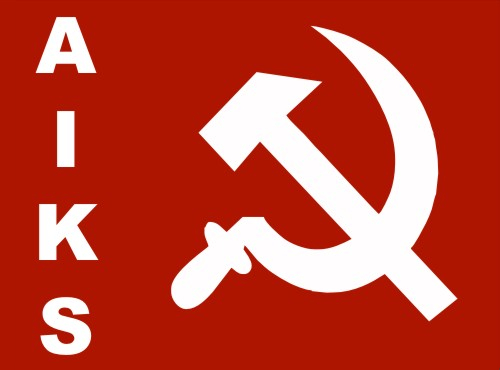Pepsico India Proposes to End Its Potato Infringement Dispute

The American food and beverage multinational corporation, Pepsico, offered an out-of-court settlement to the four Indian farmers it had accused of patent infringement on Friday, April 26 during a hearing in the district court of Ahmedabad in India’s western state of Gujarat.
Earlier this month, the corporation’s subsidiary, Pepsico India Private Holdings Limited, filed a lawsuit against four farmers from Gujarat’s Sabarkantha district for illegally growing the FC5 variety of potatoes that the company has exclusive rights over. Pepsico is the parent company of Frito-Lay which produces Lay’s potato chips.
During the April 26 hearing, the corporation proposed to drop the case against the four accused farmers provided that they either join Pepsico’s authorized cultivation program or grow other species of potatoes. If the farmers decide to join the cultivation program they would have to sign a buyback system agreement wherein they would purchase FC5 potato seeds from Pepsico and thereafter sell their produce to the company.
Senior Counsel Anand Yagnik, representing the four farmers, requested more time from the court in order to discuss the offered settlement with the farmers. The next hearing is scheduled for June 12, when Yagnik would inform the court of the outcome of the discussions over Pepsico’s proposal.
Initially, the corporation sought for reparations of 10 million Rupees ($142,840) from each of the four farmers accused of growing its exclusively-owned FC5 variety of potatoes. The lower moisture content of this variety makes it suitable for producing potato chips. Pepsico India stated that growing FC5 without permission is an infringement under Section 64 of India’s Protection of Plant Varieties and Farmers’ Rights Act of 2001.

The four accused farmers (from left to right) Hari Patel, Bipin Patel, Chhabil Patel, and Vinod Patel at the Ahmedabad district court for the April 26 hearing. Source: The Indian Express
However, Pepsico changed its course to offer the settlement after facing criticism from farmer unions, such as All Indian Kisan Sabha, and activists. In response to Pepsico’s argument, the defense has cited section 39 of the same Act which permits a farmer “to save, use, sow, resow, exchange, share or sell his farm produce including seed of a variety protected under this Act” as long as a “branded seed” is not sold.
The state government also intervened by offering its support to the defense. Reportedly, Gujarat’s Deputy Chief Minister Nitin Patel stated that the state government would submit its representation as a party backing the farmers to the Ahmedabad district court.
Furthermore, Chhabil Patel, one of the four accused farmers, claimed that they were unaware about growing the particular FC5 variety “since one can not differentiate between the various varieties” and did not know that “Pepsico has intellectual proprietorship over it.”
Justifying the corporation’s legal course of action, Pepsico India’s spokesperson said that judicial recourse was the “last resort to safeguard the larger interest of thousands of farmers that are engaged with its collaborative potato farming program.”
According to the spokesperson, the company’s collaborative farming program “is built on strong backward and forward linkages that improve livelihoods by using protected seeds.” Moreover, they stated that the company is India’s largest process-grade potato buyer and one of the first corporations to engage with local farmers in the production of its special variety of potatoes.
Resonating the voice farmer unions and activists, Kapil Shah of the advocacy group Jatan thinks that the corporation’s actions are against the “food sovereignty” and the “sovereignty of the nation.”
The lawsuit against the four farmers comes at a time when the agricultural community of India is already in a precarious position due to the long-drawn agrarian crisis in the country caused by crop failures, debt burden, and rising prices of inputs.
Source: Pepsico India Proposes to End Its Potato Infringement Dispute — IR INSIDER

